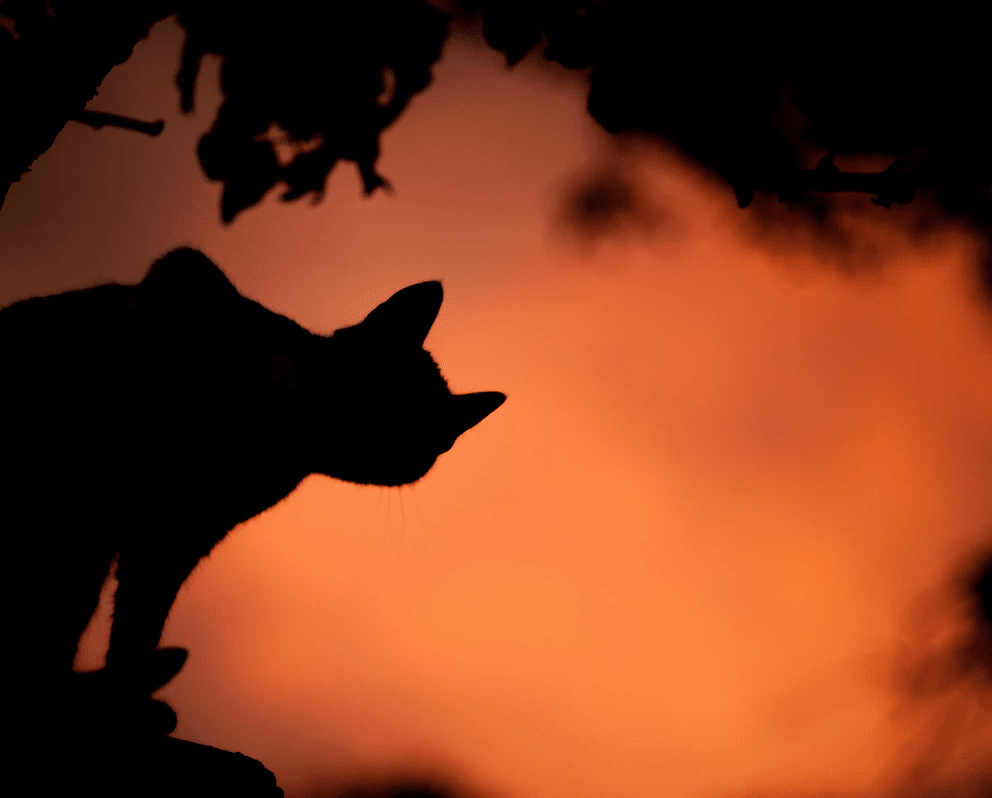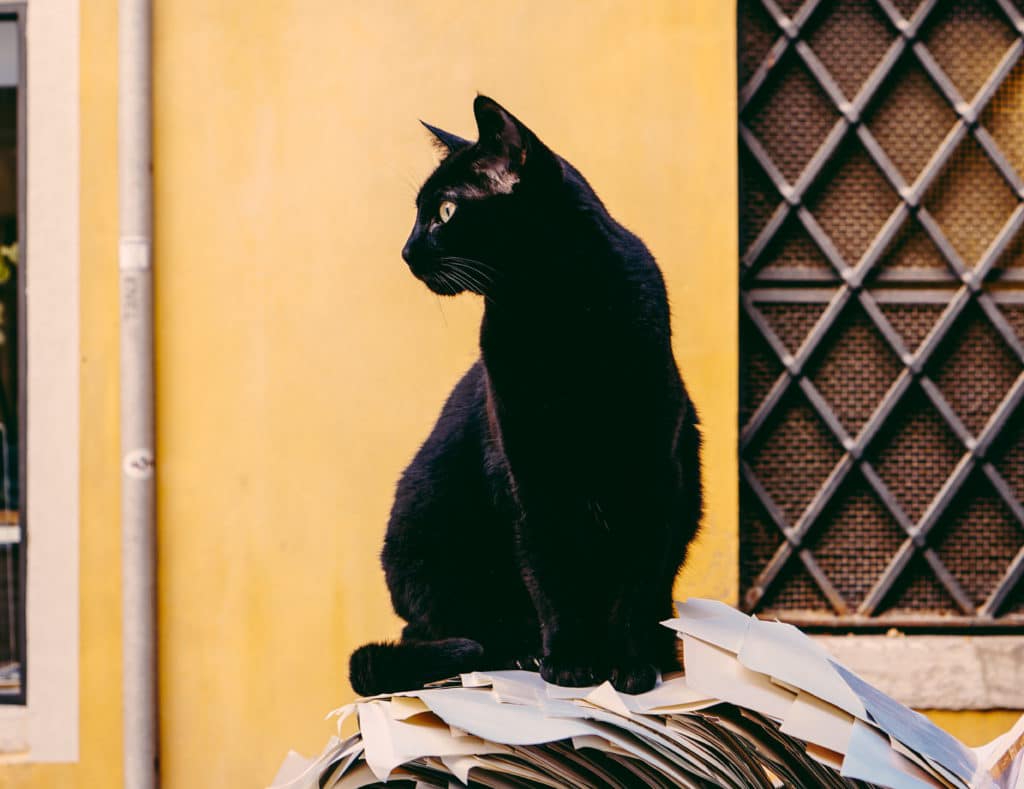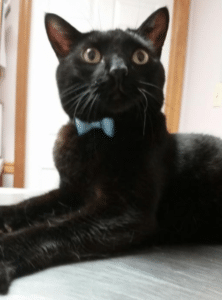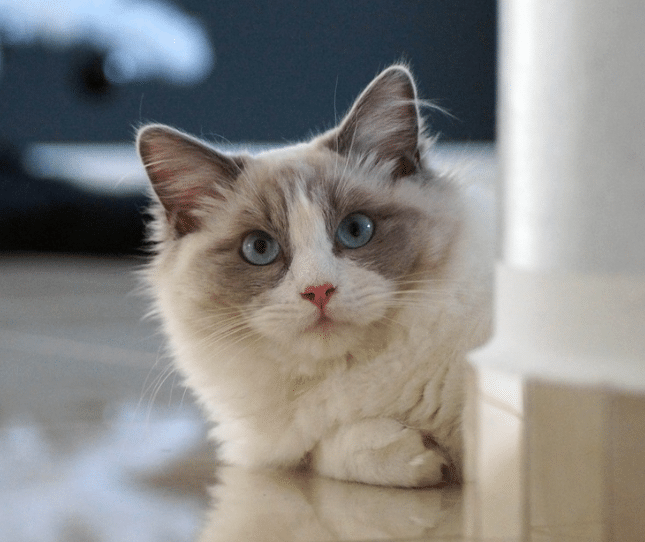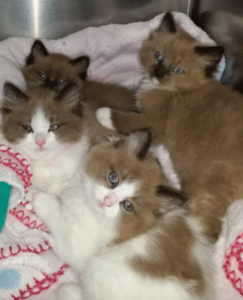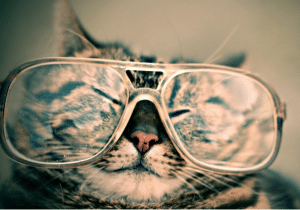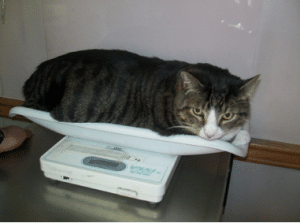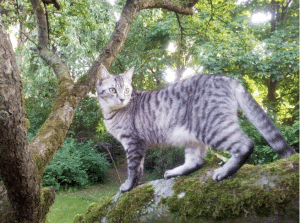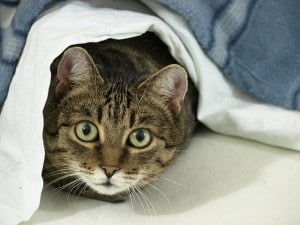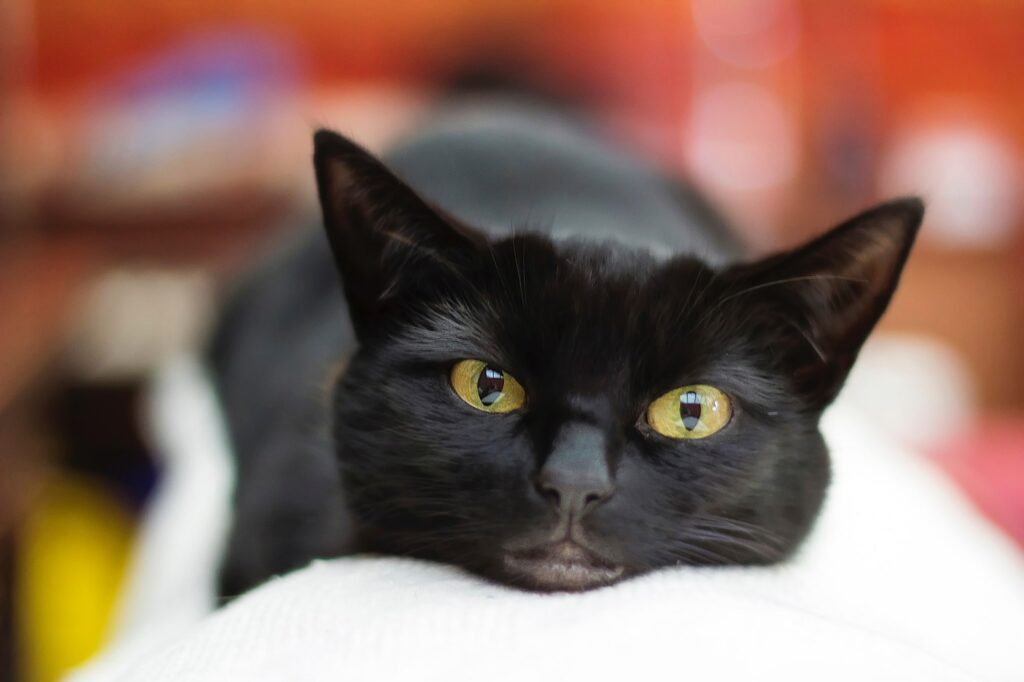
Superstition or Truth: Are Black Cats Unlucky?
It’s just about Halloween, so for the superstitious out there, you may be wondering why black cats are unlucky or if this is just a myth. Of course, you probably guessed! This is just an old spooky tale! Black cats are no more lucky or unlucky than any other kitties. So how did black cats get such a bad reputation? Where did it start? And what does that mean for black cats? The Cat Clinic at Cherry Hill can answer your questions on why black cats are considered bad omens.
Where Did Black Cats Get a Bad Reputation?
- It’s believed that this superstition began in the Middle Ages. An old European folk tale tells the story of a man and his son who saw a limping black cat and decided to throw rocks at it. The cat ran for cover inside a woman’s house. The nearby people believed this woman to be a witch, and when she appeared limping the next day similar to the injured black cat, the common people thought the witch must be the cat in disguise. Now that’s a tall tale!
- Black animals were also seen as harbingers of doom. Ravens and crows also have a bad reputation, and this later transferred to black cats as well.
- In America, this superstition can be traced to the Salem witch trials. Black cats who belonged to women accused of witchcraft were seen as devilish and evil. Witches could even transform into black cats to slink in the shadows and cast evil spells on people while disguised.
- Just like bats, black cats have been associated with vampires!
Bad Omens are Bad Luck for Black Cats – Ask Cat Clinic at Cherry Hill About Adopting
Black cats are often seen as unlucky and portrayed alongside witches and other bad omens in classic media, and although this might make for a spooky holiday, it’s not always good for the cats. This reputation has made black cats the least likely to be adopted among all cats. This Halloween, you might consider changing the luck for a black cat by adopting it into your forever home. Ask the professionals at Cat Clinic at Cherry Hill for more information on upcoming adoption events and how you might adopt a black kitty this Halloween. Call us at 856-662-2662 or visit our website!
